Helping high-growth startups and corporate executives strengthen
teams and retain
their best leaders
Featured in








What is iCatalyze
A CATALYST is an agent that provokes or speeds significant change. iCatalyze is a global leadership consulting and training organization empowering leaders for the #futureofwork.


What is iCatalyze
A CATALYST is an agent that provokes or speeds significant change. iCatalyze is a global leadership consulting and training organization empowering leaders for the #futureofwork.

Our Services
iCatalyze provides custom leadership development workshops and programs, team facilitation and group coaching, serving as a catalyst for increased confidence and performance in your team, your organization and yourself.



Facilitation and Team Builiding
We facilitate strategic planning and team integration processes for teams of all sizes, using science-based methodologies to improve collaboration in virtual and face-to-face events.
Leadership Development Training
We design innovative workshops tailored for companies, equipping leaders with practical tools and strategies to enhance adaptability, communication, and team effectiveness in real-world settings.
Team & Group Coaching
iCatalyze offers team coaching and group coaching to foster collaboration and build collective capabilities, enabling teams to achieve impactful results together.
Testimonials
Maria Jose
Venezuela

Sometimes you think you know yourself enough to know the reason for your actions and what happens to you. This is not always true, we make excuses, we look for external answers and forget to find answers within ourselves. It is not easy to start doing this, and coaching can help you see your life and behaviors differently, from another perspective, with new tools that will serve you forever.”
Santiago
Chile

Diane helped me get to a point where, on my own, I could see, value and take responsibility for myself, both the good and bad, always with special emphasis on the good. She gave me concrete tools to move forward, but now with greater freedom; the freedom you obtain when you know and love yourself as you are.”
Isaac Casado
Entrepreneur and politician,
Venezuela

My coaching experience with Diane was very positive. It made me reflect on how much we invest in the academic part of our formation, and how little we do in the spiritual and personal part. That exposed me to a new world of content and interesting topics. I was able to reflect on my abilities, recognize my strengths and focus on the opportunities that really fit my profile. It helped me take firm and conscious steps for what I want to build in the future. ”




